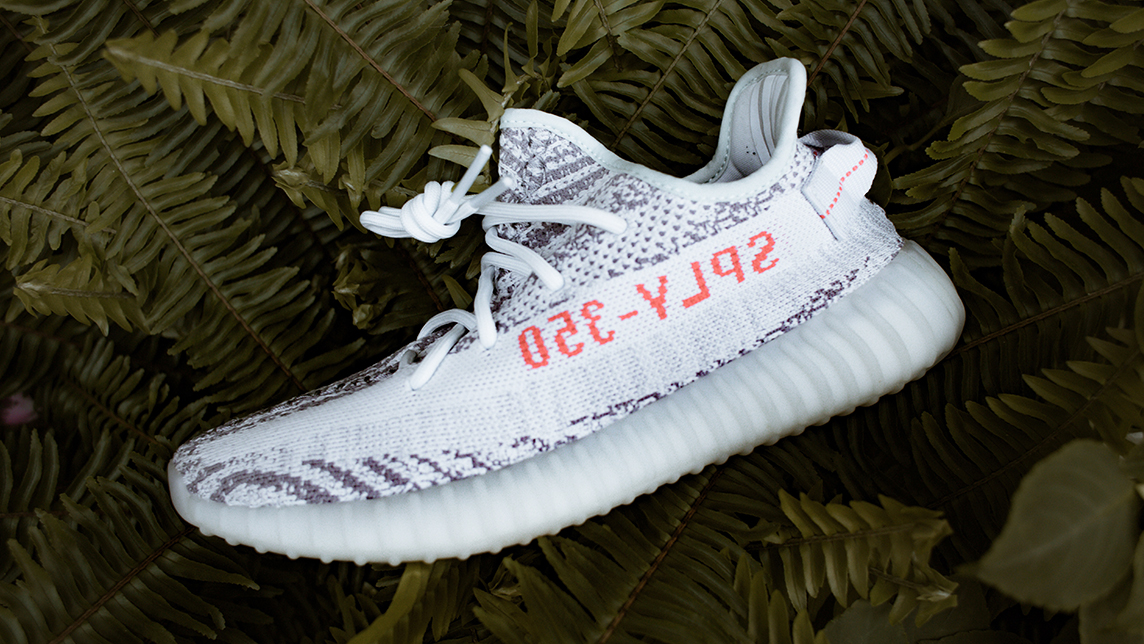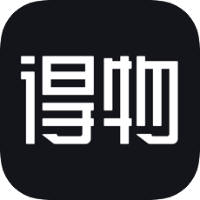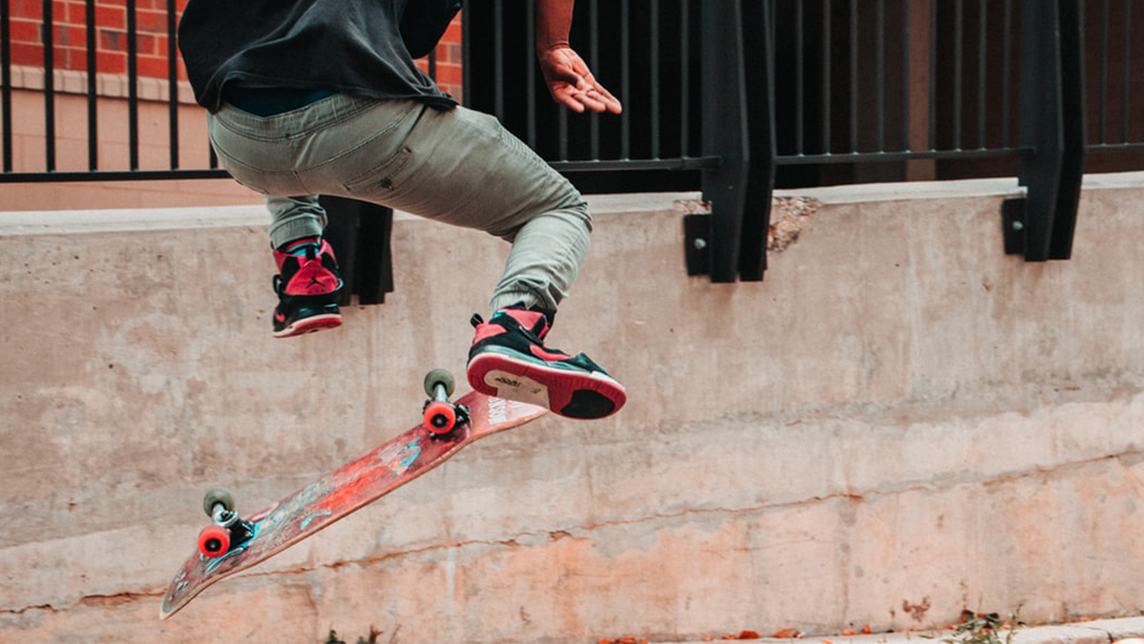Getting up early on weekends to queue for limited edition trainers is common among sneakerheads who collect and trade sneakers as a hobby. In 2015, Adidas launched its Yeezy trainers in China priced at US$350. All 9,000 pairs were quickly sold out and the resale price immediately spiked up to US$1,500. In spite of the high resale prices, die-hard fans found it hard to get their hands on a pair of the collector's edition.
Enter Poizon, a secondary marketplace for designer sports shoes that is cashing in on the fast-growing popularity of the branded sneakers culture. Poizon's US counterpart StockX also plans to enter the lucrative China market.
"The sneaker resale market in China alone is over US$1bn," said Josh Lube, CEO and co-founder of StockX.
However, the highly profitable luxury goods market is inevitably susceptible to counterfeit products, especially those of iconic brands or limited editions. For example, China's Putian is notoriously famous for knock-off sneakers, with around 1bn pairs of fakes produced every year. As a result, the resale market for sought-after sneakers is rapidly becoming flooded with high quality replicas of the real items. In a bid to tackle the counterfeit problem, Poizon is employing more product experts to inspect and authenticate all the products sold on its platform.
Battle against counterfeits
In February 2019, a customer complained that he had bought a pair of sneakers via Poizon which were later verified as fake by another authenticator. He also claimed that Poizon had paid him US$50 to keep the matter secret. Poizon insisted the shoes were genuine and that the problem was caused by a mismatched shoe box.
However, several other users also started to post on social media about having bought counterfeits from the Poizon platform. The hashtag "#Poizon selling fake sneakers" reached 160m reads and 120 discussions on Weibo in February.
Such accusations and suspicions are not completely groundless. It was reported that a Poizon authentication specialist processes 600–1,000 pairs of sneakers daily. Data also showed that one authenticator had even verified 4,851 pairs in one day. Therefore, it's reasonable for users to doubt the authentication results generated by Poizon within only minutes or even seconds.
However, according to the media manager of the world's largest sneaker convention Sneaker Con, nobody can guarantee an item is 100% authentic, and mistakes are unavoidable during the verification process.
"It takes time to build a reliable authentication team," said Shawn.
That's exactly what Poizon plans to do. “While pursuing a 100% authentication accuracy, we'll take all possible measures to remove counterfeits from our platform,” the company said on Weibo in response to the counterfeit scandals.
Under the current system, once an order is placed, the seller has to send the sneakers to Poizon for authentication and shipping to the buyer. Acting as a neutral and credible third-party authenticator, Poizon guarantees that the purchases shipped by the company are 100% authentic. Poizon doesn't sell any shoes itself and functions as a middleman charging only authentication and service fees.
Rapid growth
Poizon's number of monthly active users reached 1.4m in March 2019. Annual gross merchandise volume is estimated to hit US$1.5bn in 2019. Such rapid growth is partly attributed to Poizon's authentication service that has proved very popular with sneakerheads who are willing to pay high prices for limited edition trainers.
Poizon was originally started as an online community for Hupu, one of China's most popular sports commentary and news forums. In the early days, Poizon was simply a forum for sneaker enthusiasts to share their passion for branded trainers. Gradually several members started to post pictures of their shoes to ask other members if they were genuine. As the members' needs continued to grow, Hupu decided to launch Poizon as an independent platform in 2015. A Poizon app was also released to provide free authentication services.
In August 2017, Poizon's business model was transformed into a third-party marketplace for trading sought-after branded sneakers. Poizon has since built a loyal user base. Some sneakerheads blogged that they use Poizon as a pricing benchmark, updates on the latest listings and for authentication services of shoes that they have bought elsewhere.
Internet celebrity Wang Sicong is a Poizon fan. The successful businessman and investor is the only son of Wang Jian, one of the richest men in China. In November 2018, Wang blogged on Weibo: "It's cheap and easy to buy genuine sneakers via Poizon". The promotion was so effective that Poizon witnessed a surge of app downloads of almost 200,000 within a week.
Three months later in February 2019, Wang's family fund Prometheus Capital participated in a US$50m pre-Series A funding for Poizon. In April, it was reported that Russian venture capitalist DST Global was leading a Series A round that valued Poizon at over US$1bn.
Poizon's creator Hupu is the second largest shareholder. Hupu's co-founder Cheng Hang said the reported value of the Series A round is inaccurate. However, Poizon's growth is beyond his expectation and the startup is now preparing for a Shanghai Stock Exchange IPO in 2019.












